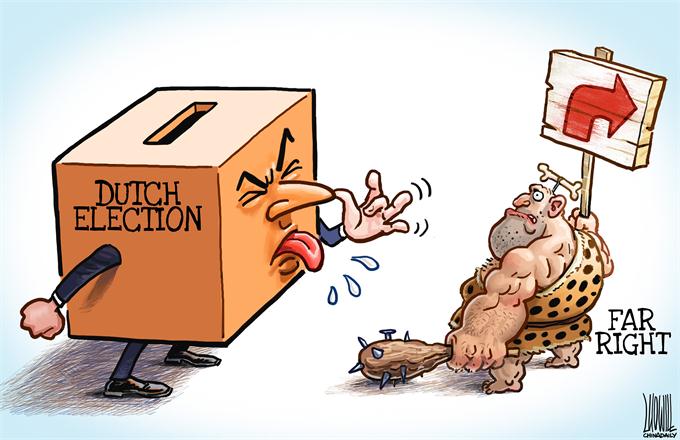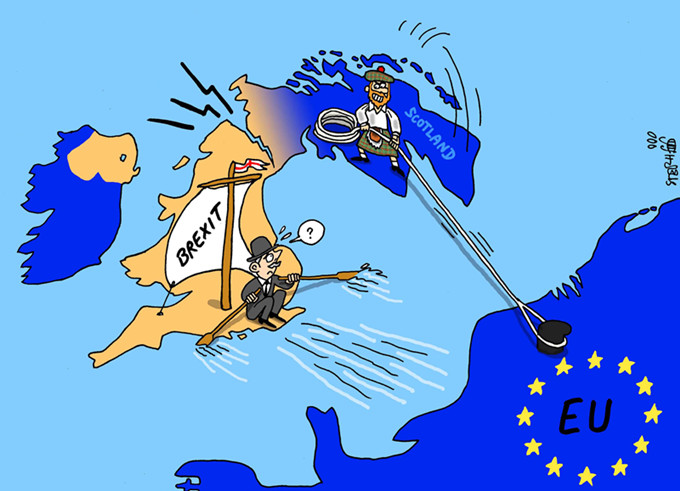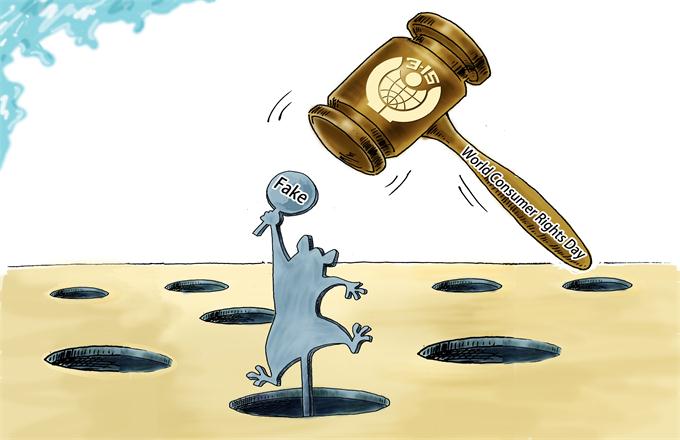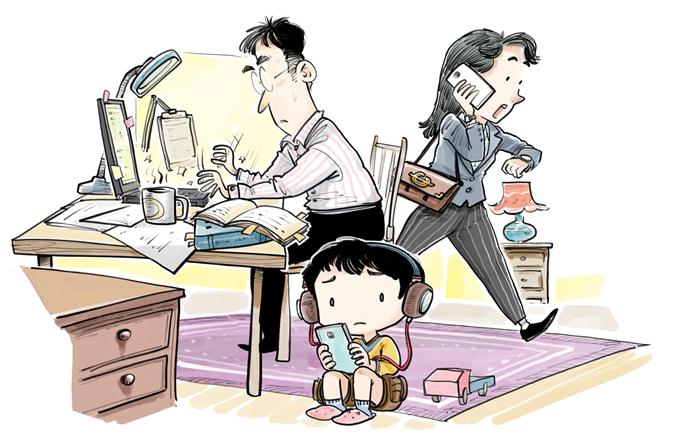Foreign policy overhaul urged to redefine China’s national interests
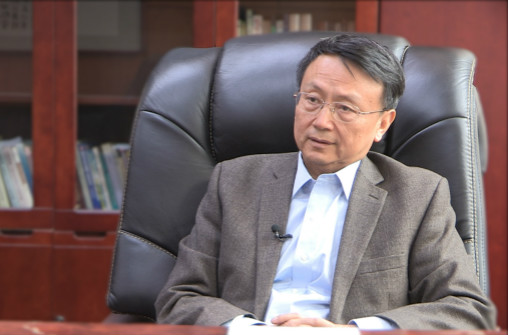 |
|
Jia Qingguo, member of the 12th national standing committee of the CPPCC, dean of the School of International Studies at Peking University,was doing interview with China Daily website.[Photo by Wang Yuxi/chinadaily.com.cn] |
China must re-define its national interests under the new circumstances it faces domestically and internationally, urges Jia Qingguo, dean of the School of International Studies at Peking University.
In an exclusive interview with the China Daily website, Jia explained that given that China’s overall national strength is increasing, its foreign policy strategy will need to respond to new challenges. There has been unbalanced regional development with extraordinary achievements in some aspects, while other vulnerable areas need to be improved. This imbalance means China may face conflicts when defining what is really in the national interest and adjusting and managing foreign relations with other countries on that basis.
Jia suggested a thorough review of all previous foreign policies to retain the ones suitable for new circumstances and refine the outdated ones.
In that process all kinds of resources should be drawn on, especially advice from think tanks. Actively explaining and communicating China’s foreign policies to the international community would also help, he said.
As for the development of think tanks, Jia was keen to make the point that it’s important to define the subject range and limits of these think tanks’ suggestions and advice so their experts and advisors can function better. Also, having clear lines of responsibility is vital; the institutes must be accountable for the authenticity and objectivity of the information and viewpoints they provide.
As a member of the 12th national standing committee of the CPPCC and a CPPCC member for 15 years, Jia has delivered numerous proposals that have influenced policy-making. He also reflected on some of his unsuccessful proposals.
He said that if implementation of a proposal requires efforts of several government departments it’s understandable to have to wait to see it realized. While some of his previous proposals were really practical and detailed-oriented, after years substantial progress still hasn’t been achieved. “Take one example. I once proposed that all the manufacturers that produce mobile phone data cables should make the cables meet one standard, so whatever brand and type of cellphone consumers use, they would use the same data cable, which would definitely make life much easier. It would also reduce environmental pollution. I referred to a report published years before, which predicted that China would produce 400 million cellphones every year in the near future. If the standardized data cables could be produced, obviously it would save wastage and pollution.”
According to Jia, many European countries have already finished this standardization while in China it has not yet occurred.
When recalling a proposal about educational reform he submitted last year, Jia suggested that a better division of powers between the Ministry of Education and universities may help universities improve innovation. The authorities might think about how to better allocate funding for private and public universities. In some countries, funding from government is allocated based on how many students are enrolled at any given institution, so it doesn’t matter if it’s public or private. Jia also believes that aside from adjustments to strategies and policies at a national level, universities should be given more freedom in such areas as discipline processes and teaching administration.





